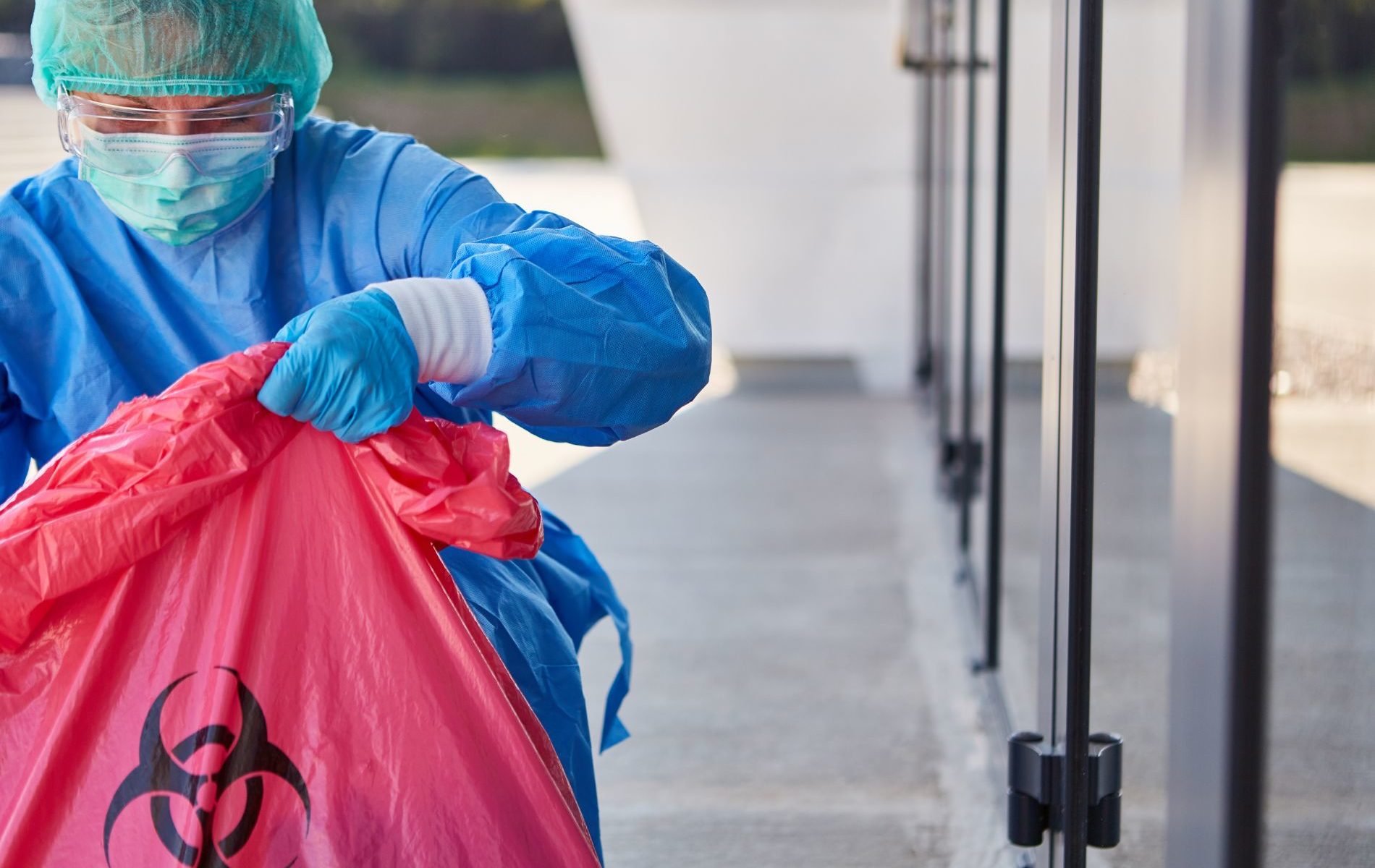Everything about Reclaim Waste
Table of ContentsRumored Buzz on Reclaim WasteOur Reclaim Waste StatementsReclaim Waste Fundamentals ExplainedReclaim Waste - The FactsReclaim Waste Things To Know Before You Buy
Discover the types, occurrences, and types of fluid waste. Domestic sewage waste refers to the waste and products from a residential septic system. This kind of waste is produced by humans in residences, colleges, and other structures. This only consists of septic containers that have a drainpipe field. The correct monitoring and disposal of residential sewage waste call for liquid waste to be moved to a sewer treatment plant where the correct techniques and devices are related to cleanse and get rid of waste.
Commercial waste usually includes potential dangers, such as combustible materials or a mixture of liquid and solid waste items, and requires an extra advanced and detailed disposal process. The disposal of industrial waste typically entails the filtration of waste before transport to guarantee risk-free and correct disposal. Industrial waste is developed from by-products and overflow of commercial processes and production.
This sort of waste can not use the exact same sewer management transportation or procedures as septic or commercial fluids. The commercial waste monitoring procedure requires the evaluation and screening of liquid waste prior to it undergoes the disposal procedure (industrial wastewater treatment). Overflow waste is the fluid waste that comes from runoff and excess stormwater in highly booming areas or cities
Runoff waste can cause contamination and flooding otherwise handled properly. Learn a lot more concerning sewage system cleaning and waste administration. Making certain appropriate waste management can stop catastrophes and decrease ecological damage. Both individuals in domestic settings and experts in industrial or production industries can take advantage of comprehending the procedures and regulations of fluid waste monitoring.
3 Simple Techniques For Reclaim Waste
Call PROS Solutions today to learn more about our waste management and disposal solutions and the proper means to take care of the fluid waste you produce.
(https://ameblo.jp/reclaimwaste1/entry-12874802223.html)Do you know what takes place to your water when you end, purge the bathroom or drain the cleaning equipment? No? Well, it's worth knowing. This so-called 'wastewater' is not only a vital source but, after therapy, will certainly be launched to our land, waterways or the ocean. Made use of water from bathrooms, showers, baths, cooking area sinks, laundries and commercial processes is called wastewater.

water utilized to cool equipment or tidy plant and equipment). Stormwater, a form of wastewater, is drainage that streams from farming and urban locations such as roof coverings, parks, yards, roads, courses and rain gutters into stormwater drains pipes, after rain. Stormwater streams without treatment directly to neighborhood creeks or rivers, eventually getting to the ocean.
Reclaim Waste Things To Know Before You Buy
In Queensland, a lot of wastewater is dealt with at sewage treatment plants. Wastewater is moved from domestic or commercial sites with a system of drains and pump terminals, referred to as sewerage reticulation, to a sewage therapy plant. Neighborhood federal governments build, preserve and operate most sewage treatment plants. Operators are accredited under the Environmental Management Act 1994 to discharge treated wastewater at an acceptable environmental requirement into waterways.
The Division of Natural Resources advises city governments about managing, operating and keeping sewerage systems and treatment plants. In unsewered locations, neighborhood federal governments might call for owners to mount private or house sewer therapy systems to treat residential wastewater from bathrooms, kitchens, restrooms and washings. The Division of Natural Resources authorizes making use of household systems when they are proven to be reliable.
Most stormwater receives no treatment. In some brand-new class, therapy of some stormwater to eliminate litter, sand and crushed rock has actually begun using gross toxin catches. Wastewater treatment occurs in 4 stages: Removes strong matter. Bigger solids, such as plastics and various other items wrongly released to drains, are removed when wastewater is travelled through displays.
Wastewater then moves into big tanks where solids clear up and are eliminated as sludge. Grease and residue are skimmed from the surface area. Uses little living organisms referred to as micro-organisms to damage down and remove staying liquified wastes and great particles. Micro-organisms and Look At This wastes are integrated in the sludge. Removes nitrogen and phosphorus nutrients that might cause algal flowers in our rivers and threaten water life.
5 Simple Techniques For Reclaim Waste
Nutrient elimination is not available at all sewer therapy plants due to the fact that it requires expensive specialised equipment. Clear liquid effluent created after treatment may still contain disease-causing micro-organisms - liquid waste disposal melbourne.

This normally indicates wastewater has to be dealt with or pollutants removed before it can be discharged to rivers. The majority of wastewater moves into the sewage system. Under the Act, regional governments administer authorizations and permits for environmentally appropriate tasks (Periods) including wastewater releases that could have a neighborhood influence. The department carries out authorizations and licences to Ages entailing wastewater launches that may have a regional or statewide influence.
The 6-Minute Rule for Reclaim Waste
Monitoring offers valid information regarding water high quality and can validate that licence conditions are being met. The info gotten via monitoring provides the basis for making water high quality choices.